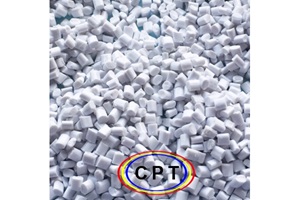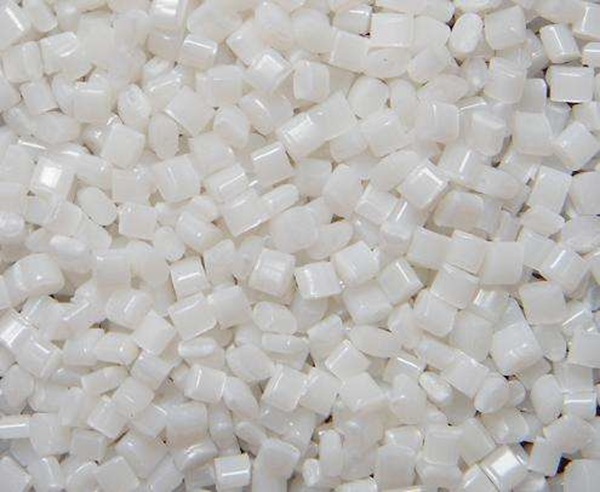PC/ABS RESIN
PC/ABS, or Polycarbonate and Acrylonitrile Butadiene Styrene Copolymer, is a thermoplastic material combining the best qualities of its two components: polycarbonate (PC) and ABS. This blend is widely appreciated for its excellent impact strength, heat resistance, UV stability, and ease of molding. Its versatility makes it a popular choice in industries ranging from automotive interiors and business machines to communication equipment and household appliances.
1. About Polycarbonate (PC):
Polycarbonate is renowned for its exceptional mechanical properties, including superior impact resistance, dimensional stability, and thermal performance. These qualities make it indispensable in sectors like electronics, automotive, construction, and medical equipment.
➤ Applications of PC:
Polycarbonates uses extend to high-end fields like aerospace and computing, thanks to its outstanding engineering qualities. However, it does have limitations, such as low processing fluidity, vulnerability to solvent erosion, and susceptibility to stress cracking, which restrict its application in some areas.
➤ Enhancing PC Performance:
To address these limitations, polycarbonate is often modified and blended with other materials, creating high-performance engineering plastics tailored for practical production needs.
2. Additional Materials in PC Blends
- Polyamide 6 (PA6): Provides excellent mechanical strength, a high melting point, and oil resistance.
- Polybutylene Terephthalate (PBT): Offers chemical resistance and ease of processing.
➤ PC/PA6 and PC/PBT Blends:
By combining PC with PA6 or PBT, manufacturers achieve a balance of strength, dimensional stability, chemical resistance, and enhanced moldability.
3. PC/ABS Resins:
These blends effectively merge the strengths of both materials. They enhance the heat resistance and tensile strength of ABS while improving the processability of PC. The result is a material that maintains consistent impact strength and stress resistance across various thicknesses.
Compatibility and Modification of PC and ABS
The compatibility of PC and ABS depends on their properties, ratios, and processing techniques. To improve interfacial compatibility, manufacturers often incorporate compatibilizers such as maleic anhydride grafted polymers, grafted ABS, or acrylic copolymers. These additives ensure better blending and performance in the final product.
4. Advantages of PC/ABS Resins
PC/ABS resins stand out for their superior performance compared to pure PC, offering a range of benefits:
- Improved Toughness and Impact Resistance:
Under diverse application conditions, PC/ABS resins exhibit greater toughness and stress-crack resistance. Their impact strength is 3-4 times that of pure PC at normal temperatures.
- Boiling Water Resistance:
After being treated at 100°C for 240 hours, these resins maintain their tensile and flexural strength, outperforming PC under similar conditions.
- Aging Resistance:
Even after exposure to 120°C for 140 hours, the resins retain twice the impact strength of pure PC.
- Weather Resistance:
With two years of outdoor exposure, PC/ABS resins show minimal changes in tensile and flexural strength, and their impact strength remains four times higher than that of PC.
- Enhanced Processability:
The reduced melt viscosity of PC/ABS resins allows for lower molding temperatures, easier processing, and reduced residual stress. This results in products with excellent color and improved moldability, as the melt viscosity further decreases with increased molding pressure.
PC/ABS resins offer a unique combination of strength, durability, and ease of processing, making them a versatile solution for numerous applications. Whether in automotive, electronics, or consumer goods, these materials continue to push the boundaries of innovation and performance.






